Missing Minerals: 5 Common Deficiencies
Missing Minerals: 5 Common Deficiencies.
If you didn’t think vitamins and minerals were overwhelming, just walk down the nutrition aisle at Meijer or Wal-Mart and try to make some sense of it. Although we should get all our vitamins and minerals from our food, some essential nutrients are still lacking in a healthy diet and can contribute to chronic illness. Here is a list of what we’ve found to be the top 5 vitamin deficiencies, food sources to add and the best vitamins to supplement with that we know of:
- Fish Oil– the omega fatty acids in fish oils help with joint health and cellular repair. Wild Alaskan salmon is one of the best sources but is often very pricy. A more cost-effective alternative are canned sardines. When choosing a supplement, buyer beware! The jumbo bottle at Costco may not good quality and have little positive effect on your health. The best source of fish oil I know of is Rosita’s. It’s super fishy tasting and expensive. But, it works! For a better tasting oil, less expensive fish oil, try liquid Omegavail (capsule) or even the Lemon Drop Smoothie for kids.
- Vit D– sunshine, fatty fish (tuna, sardines & salmon), cheese and egg yolks all contain Vitamin D to help with many biological processes in the body like immune support, bone health and autoimmune disorders. Emulsi-D is a great supplement to easily get your 2,000-4,000 IU’s in per day. Bio-D mulsion is another source that may absorb better depending on the individual.
- Probiotics– probiotics are the good bacteria that live in your body to help with digestion and immune function and are found in fermented foods like sauerkraut, kombucha, natto, yogurt, apple cider vinegar, tempeh and kefir. Probiotic Synergy is available in both tablet and powder Probiotic Supreme offers the same number of strains but in triple the concentration. For variety, Ther-biotic complete offers more total strains per capsule and their children’s chewable is perfect for kids! They also have an infant formula that is great for babies.
- Magnesium-magnesium helps with tissue repair, protein synthesis and over 300 biomechanical functions in the body. It is most commonly found in spinach, pu
 mpkin seeds, almonds, black beans, and avocado. Magnesium Malate provides a simple tablet at 180 mg each while Natural Calm makes a pleasant tasting drink with 155mg per teaspoon.
mpkin seeds, almonds, black beans, and avocado. Magnesium Malate provides a simple tablet at 180 mg each while Natural Calm makes a pleasant tasting drink with 155mg per teaspoon. - Iodine– According to Dr. David Brownstein and many other healthcare professionals, living in the Midwest makes us significantly deficient in Iodine since it’s mostly found in seaweed, kelp and seafood. This significantly impairs thyroid function! A few great supplements are Iodoral, Liquid Iodine Forte and Iodine Synergy support your daily needs.



